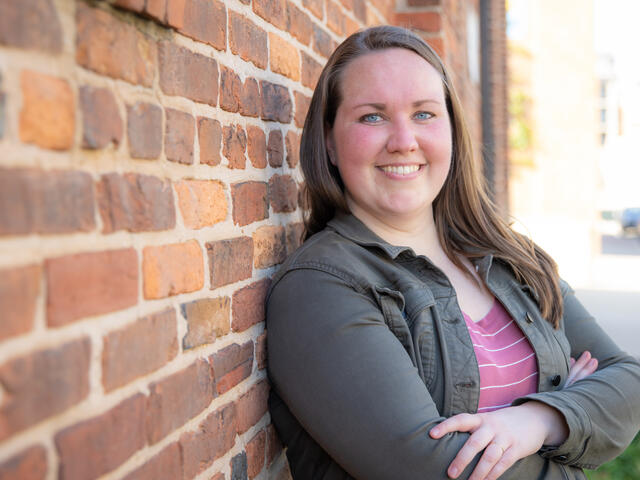Occupational Therapy, Master of Science
McDaniel College's Occupational Therapy graduate program is accepting OTCAS applications for our first cohort to begin in May 2026. The program is a two-year (six semester), hybrid program for aspiring occupational therapists.
Mortarboard
Degree Types
Master's
Dollar sign
Program Cost
Heart
Distinctive Requirements
Holistic Immersive Learning Model, Six Semesters, Hybrid Delivery, Comprehensive Tuition
Document
Application
Application Pathways and Requirements
Occupational Therapy Jobs Outlook
101,880
15
8
13
Occupational Therapy Degree Curriculum
Common Curricular Threads
Interwoven across your course of study:
- Occupation-Centered Practice
- Evidence-Based Decisions
- Diversity
- Ethics
- Leadership and Service

Community-Based Engagement Putting Skills into Practice
Fieldwork
ACOTE Accreditation & Professional Licensure
Occupational Therapy Graduates Will be Able to:
"Occupational Therapy students receive a comprehensive education that not only meets accreditation standards but also prepares them to address the evolving needs to be occupational therapists."
- Program Director Cathy Felmlee Shanholtz


